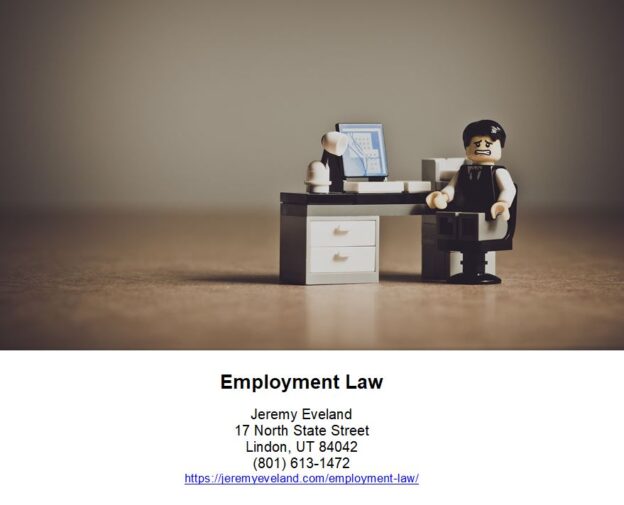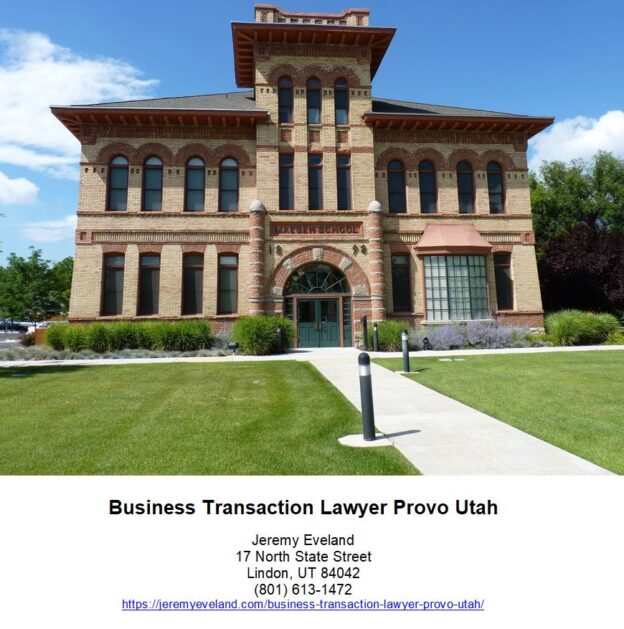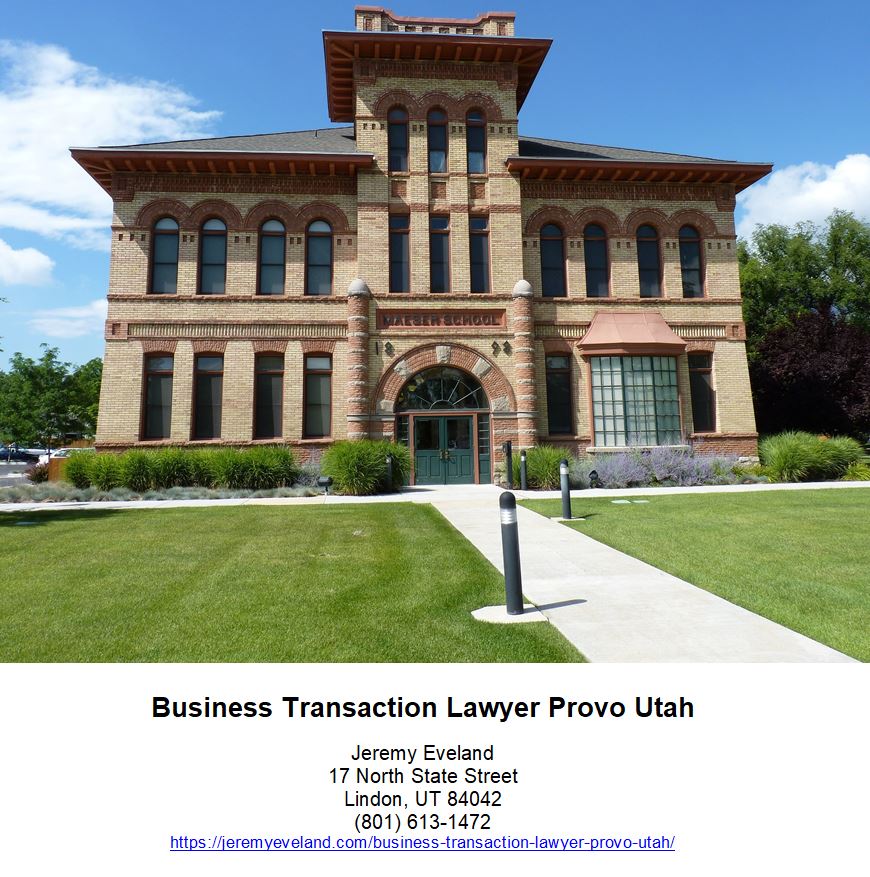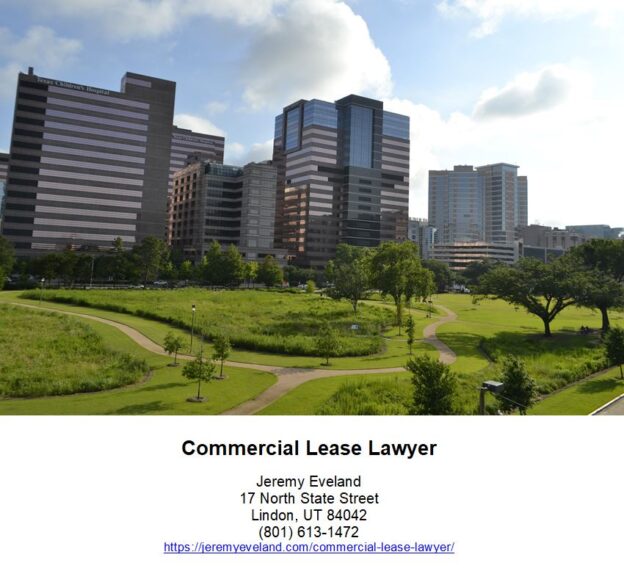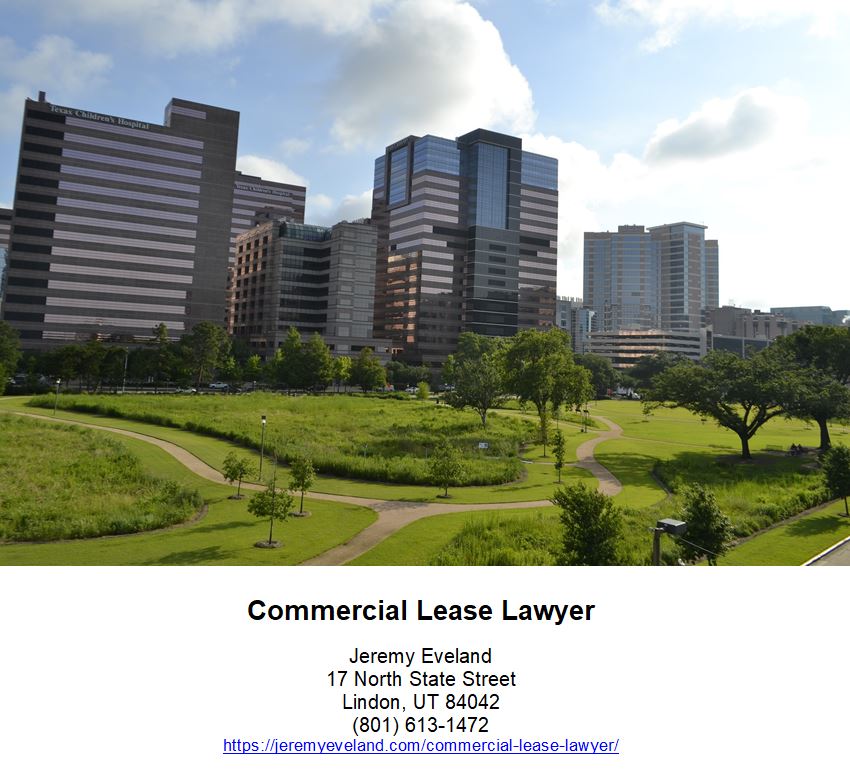Trusted Personal Injury Attorneys in Utah
-
Utah Lawyer
- Introduction
- The Benefits of Hiring a Reputable Personal Injury Attorney in Utah
- What to Expect When Working with a Personal Injury Law Firm in Utah
- Understanding the Different Types of Personal Injury Cases in Utah
- The Benefits of Working with Experienced Personal Injury Attorneys in Utah
- How to Find the Best Personal Injury Attorneys in Utah
- Q&A
“Utah’s Trusted Choice for Personal Injury Representation”
Introduction
If you have been injured in an accident in Utah, you need to find a trusted personal injury attorney to help you get the compensation you deserve. Personal injury attorneys in Utah are experienced in handling a variety of cases, from car accidents to medical malpractice. They understand the laws and regulations in the state and can help you navigate the legal process. With the right attorney, you can get the justice you deserve and the compensation you need to cover medical bills, lost wages, and other damages. This guide will provide an overview of the best personal injury attorneys in Utah and what to look for when selecting one.
The Benefits of Hiring a Reputable Personal Injury Attorney in Utah
When you have been injured due to the negligence of another person, it is important to seek legal representation from a reputable personal injury attorney in Utah. A personal injury attorney can help you to receive the compensation you deserve for your injuries and losses. Here are some of the benefits of hiring a reputable personal injury attorney in Utah.
First, a personal injury attorney in Utah will have the knowledge and experience to handle your case. They will be familiar with the laws and regulations in the state and will be able to provide you with the best legal advice. They will also be able to negotiate with the insurance companies on your behalf to ensure that you receive the maximum amount of compensation for your injuries.
Second, a personal injury attorney in Utah will be able to provide you with the necessary resources to help you through the legal process. They will be able to provide you with the necessary paperwork and documents to file a claim, as well as provide you with the necessary legal representation. This will ensure that your case is handled properly and that you receive the compensation you deserve.
Third, a personal injury attorney in Utah will be able to provide you with the necessary support and guidance throughout the entire process. They will be able to answer any questions you may have and provide you with the necessary advice to ensure that your case is handled properly. They will also be able to provide you with the necessary resources to help you through the legal process.
Finally, a personal injury attorney in Utah will be able to provide you with the necessary resources to help you through the legal process. They will be able to provide you with the necessary paperwork and documents to file a claim, as well as provide you with the necessary legal representation. This will ensure that your case is handled properly and that you receive the compensation you deserve.
Hiring a reputable personal injury attorney in Utah can be beneficial for those who have been injured due to the negligence of another person. They will be able to provide you with the necessary resources to help you through the legal process, as well as provide you with the necessary legal representation. This will ensure that your case is handled properly and that you receive the compensation you deserve.
What to Expect When Working with a Personal Injury Law Firm in Utah
When working with a personal injury law firm in Utah, you can expect a team of experienced professionals who are dedicated to helping you get the compensation you deserve. The attorneys at the firm will work with you to understand the details of your case and develop a strategy to maximize your recovery.
The attorneys at the firm will review the facts of your case and advise you on the best course of action. They will also help you understand the legal process and the potential outcomes of your case. The attorneys will also provide you with guidance on how to best present your case to the court.
The attorneys at the firm will also work with you to negotiate a settlement with the other party or their insurance company. They will also represent you in court if necessary.
The attorneys at the firm will also provide you with emotional support throughout the process. They understand that this is a difficult time for you and will do their best to make sure you are comfortable and informed throughout the process.
Finally, the attorneys at the firm will ensure that you receive the compensation you deserve. They will work hard to make sure that you are fairly compensated for your injuries and losses.
When working with a personal injury law firm in Utah, you can expect a team of experienced professionals who are dedicated to helping you get the compensation you deserve. The attorneys at the firm will work with you to understand the details of your case and develop a strategy to maximize your recovery. They will also provide you with emotional support throughout the process and ensure that you receive the compensation you deserve.
Understanding the Different Types of Personal Injury Cases in Utah
Personal injury cases in Utah can be divided into three main categories: negligence, intentional torts, and strict liability. Each type of case has its own set of rules and procedures that must be followed in order to successfully pursue a claim.
Negligence
Negligence is the most common type of personal injury case in Utah. In order to prove negligence, the plaintiff must show that the defendant had a duty to act with reasonable care, that the defendant breached that duty, and that the breach caused the plaintiff’s injury. The plaintiff must also show that the injury resulted in damages, such as medical bills, lost wages, or pain and suffering.
Intentional Torts
Intentional torts are intentional acts that cause harm to another person. Examples of intentional torts include assault, battery, false imprisonment, and intentional infliction of emotional distress. In order to prove an intentional tort, the plaintiff must show that the defendant intended to cause harm and that the harm was the direct result of the defendant’s actions.
Strict Liability
Strict liability is a type of personal injury case in which the defendant is held liable for damages regardless of fault. This type of case is typically used in cases involving defective products or dangerous activities. In order to prove strict liability, the plaintiff must show that the defendant was engaged in an activity that was inherently dangerous and that the defendant failed to take reasonable precautions to prevent harm.
No matter what type of personal injury case you are pursuing, it is important to consult with an experienced personal injury attorney who can help you understand your rights and the legal process. An attorney can help you determine the best course of action and ensure that you receive the compensation you deserve.
The Benefits of Working with Experienced Personal Injury Attorneys in Utah
When you have been injured due to the negligence of another, it is important to seek the help of experienced personal injury attorneys in Utah. Personal injury attorneys are knowledgeable in the laws and regulations that govern personal injury cases and can provide you with the best possible outcome for your case.
The first benefit of working with experienced personal injury attorneys in Utah is that they are familiar with the laws and regulations that govern personal injury cases. They understand the nuances of the law and can provide you with the best possible outcome for your case. They can also provide you with advice on how to proceed with your case and can help you navigate the legal system.
Another benefit of working with experienced personal injury attorneys in Utah is that they are experienced in negotiating settlements. They understand the value of your case and can help you get the most out of it. They can also help you understand the legal process and can provide you with the best possible outcome for your case.
Finally, experienced personal injury attorneys in Utah can provide you with the best possible representation. They understand the complexities of personal injury cases and can provide you with the best possible outcome for your case. They can also provide you with advice on how to proceed with your case and can help you navigate the legal system.
When you have been injured due to the negligence of another, it is important to seek the help of experienced personal injury attorneys in Utah. They can provide you with the best possible outcome for your case and can help you navigate the legal system. They can also provide you with advice on how to proceed with your case and can help you understand the legal process. With their knowledge and experience, they can provide you with the best possible outcome for your case.
How to Find the Best Personal Injury Attorneys in Utah
Finding the best personal injury attorneys in Utah can be a daunting task. With so many attorneys to choose from, it can be difficult to know which one is the best fit for your case. To help you make the right decision, here are some tips for finding the best personal injury attorneys in Utah.
1. Research: Before you start your search, it’s important to do some research. Look into the attorneys’ backgrounds and experience. Read reviews and testimonials from past clients. This will give you a better understanding of the attorney’s qualifications and how they handle cases.
2. Ask for Referrals: Ask friends, family, and colleagues for referrals. They may be able to provide you with the names of attorneys they have worked with in the past. This can be a great way to find an attorney who is experienced and knowledgeable in personal injury law.
3. Schedule a Consultation: Once you have narrowed down your list of potential attorneys, it’s important to schedule a consultation. This will give you the opportunity to meet with the attorney and discuss your case in detail. During the consultation, ask questions about their experience, fees, and any other information you need to make an informed decision.
4. Check Credentials: Make sure the attorney you choose is licensed to practice law in Utah. You can check the Utah State Bar Association website for a list of licensed attorneys. Additionally, you should also check to see if the attorney has any disciplinary actions or complaints against them.
By following these tips, you can find the best personal injury attorneys in Utah. With the right attorney on your side, you can be sure that your case will be handled with the utmost care and attention.
Q&A
1. What qualifications should I look for in a trusted personal injury attorney in Utah?
When looking for a trusted personal injury attorney in Utah, you should look for an attorney who is licensed to practice law in the state of Utah, has experience handling personal injury cases, and is knowledgeable about the laws and regulations that apply to personal injury cases in Utah. Additionally, you should look for an attorney who is willing to take the time to listen to your story and provide you with personalized advice and guidance.
2. How much does it cost to hire a trusted personal injury attorney in Utah?
The cost of hiring a trusted personal injury attorney in Utah will vary depending on the complexity of your case and the attorney’s experience. Generally, attorneys charge an hourly rate or a flat fee for their services. It is important to discuss the cost of representation with your attorney before signing any agreements.
3. What types of cases do trusted personal injury attorneys in Utah handle?
Trusted personal injury attorneys in Utah handle a variety of cases, including car accidents, slip and fall accidents, medical malpractice, product liability, and wrongful death.
4. What should I expect during my consultation with a trusted personal injury attorney in Utah?
During your consultation with a trusted personal injury attorney in Utah, you should expect to discuss the details of your case, including the facts of the accident, the injuries you sustained, and any other relevant information. Your attorney will also explain the legal process and answer any questions you may have.
5. How long does it take to resolve a personal injury case in Utah?
The length of time it takes to resolve a personal injury case in Utah will depend on the complexity of the case and the amount of evidence available. Generally, it can take anywhere from a few months to several years to resolve a personal injury case.
Personal Injury Consultation
When you need legal help with a personal injury matter, call Jeremy D. Eveland, MBA, JD (801) 613-1472 for a consultation.
Jeremy Eveland
17 North State Street
Lindon UT 84042
(801) 613-1472
Related Posts
Do I Need A Permit To Start A Business In Utah?
Business Succession Lawyer Draper Utah
Business Contract Lawyer Salt Lake City
What Is The Difference Between Corporate And Commercial Law?
Business Contract Lawyer West Valley City
Business Lawyer West Jordan Utah
Irrevocable Life Insurance Trusts
What Is The Purpose Of A Business Attorney?


